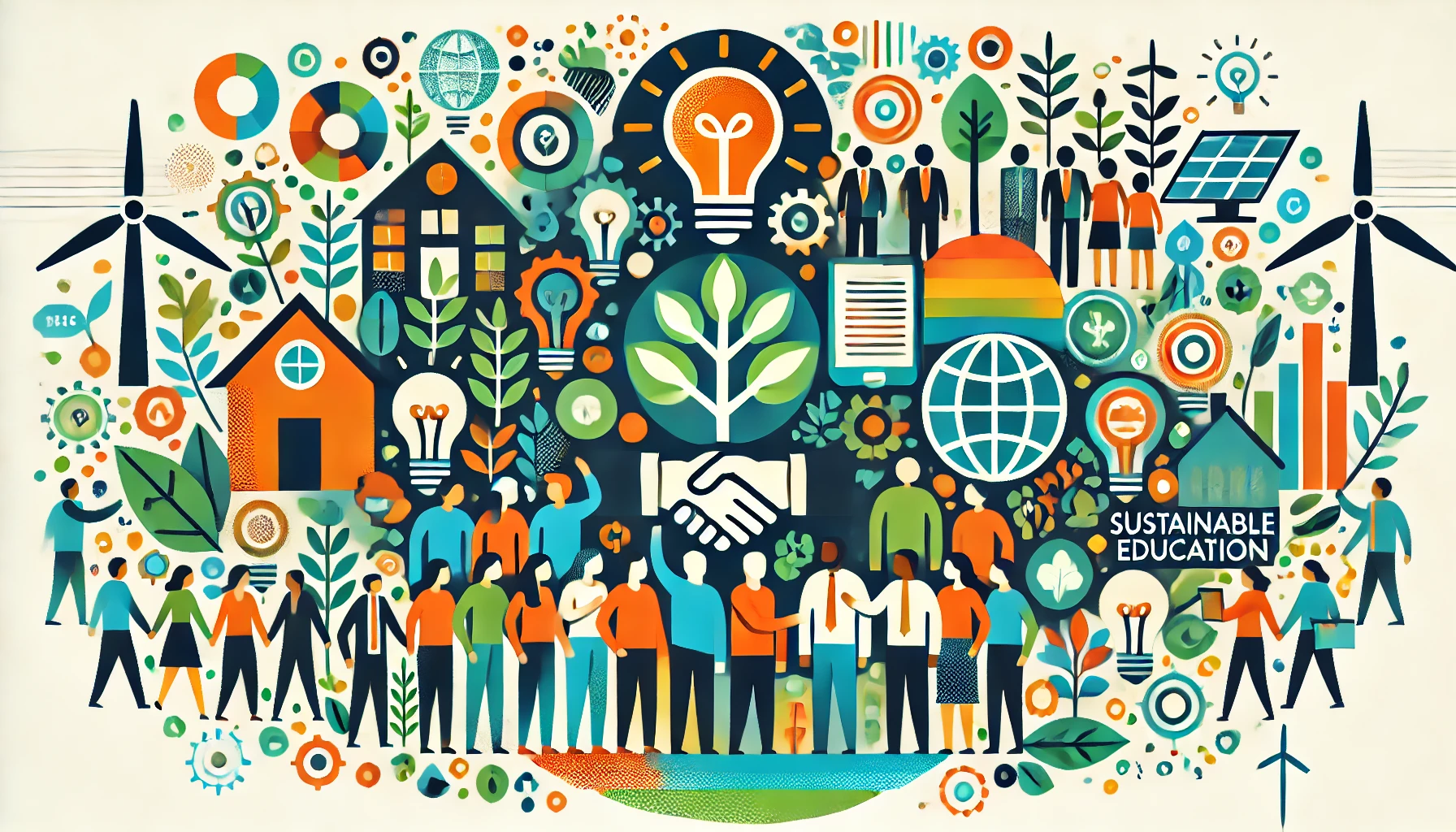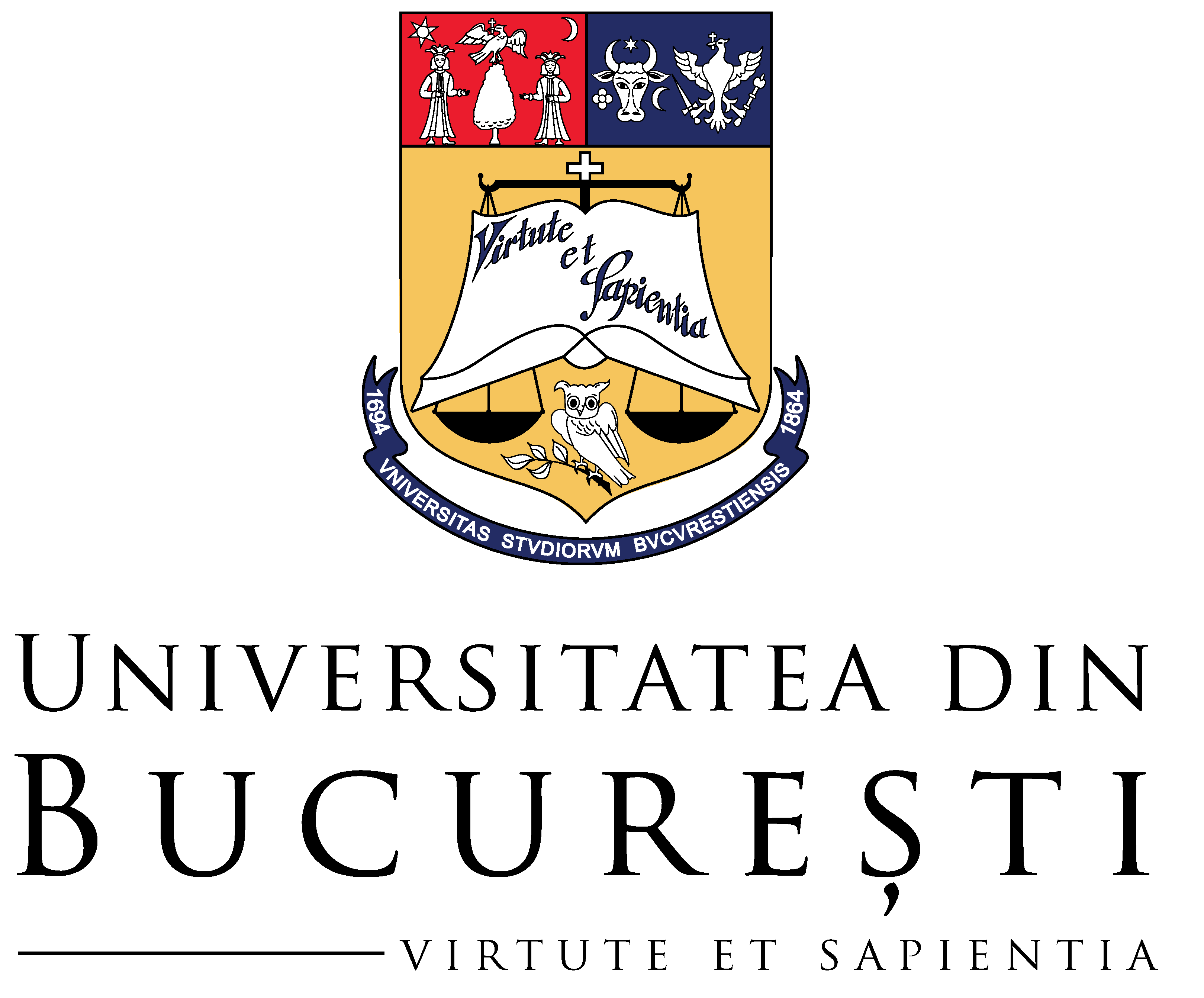
Higher education institutions have the capacity to meet global challenges in the current global context. Areas, such as health, climate, environment, energy, digitalization, society, crisis have been considered priorities for education, research, and social responsibility actions of educational leaders. Societal challenges made all institutions work together to raise awareness and act in joint approaches. In this context, higher education institutions, alliances of universities and networks of different stakeholders promoted knowledge, skills, and competences together with civic engagement of staff and students towards responsible citizenship and community development. Therefore, sustainability has become a priority for academic leadership and higher education institutions have increased their role in coping with societal challenges, concrete actions being identified at individual, institutional and social level. The orientation towards sustainability is observed in universities from workshops and events dedicated to raise awareness on specific topics to sustainability strategies, from dedicated actions to transversal embedding of sustainability into teaching, research, contribution to society, as well as into management and administration changes. New innovative pedagogies, such as service learning prove the tremendous higher education capacity of response not only to the global challenges, but also to the stakeholders needs. In other words, addressing the current complexity and dynamism of initiatives based on innovation, entrepreneurial and civic approach transforms higher education institutions into effective contributors to the achievement of the SDGs.











